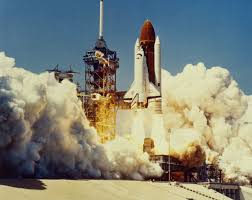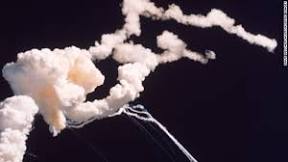The Weekly Reflektion 46/2024
Reflekt will organise a breakfast seminar Wednesday 27th November. In the seminar we will consider what the offshore petroleum industry can learn from the Grenfell Tower fire in 2017.
The seminar will be held at the Quality Hotel Pond in Forus from 0800 to 1000. A light breakfast will be served beforehand. There is plenty of free parking at and around the hotel. Please let us know if you would like to attend.
Reminiscing on the past is a luxury that many experienced people have as they enter the world of retirement. The confident assertion that a major accident could never have happened to them, since it never did, carries with it both hindsight and outcome bias. The reminiscence rarely reveals how close they were, and how in slightly different circumstances an outcome may have been disasterous. The assertion that they were part of a competent, experienced team motivated by safety carries less weight when one considers that major accidents have occurred despite a competent, experienced and motivated team being involved.
This would never have happened to us?


Space Shuttle Challenger broke up and exploded 74 seconds after take-off 28th January 1986
In a recent article in ‘The Chemical Engineer’ the IChemE president Nigel Hirst reflected over the Grenfell Tower fire and some of the key failings that led to combustible cladding panels being installed as part of a refurbishment project. The escalation of the fire through these panels was the main factor in the loss of 72 lives. Hirst presents his key lessons that are relevant and worth following up. Hirst also sums up his article with the statement ‘Part of the Grenfell problem was that every party was selfishly concerned with their own exposure to risk, not the overall chances of catastrophe.’
In his introduction, Hirsh reflects over the talented engineers he has worked with and their dedication to safety. He confidently implies that his team would have prevented the Grenfell disaster by not accepting polyethylene insulation. Although on closer scrutiny he only states that they would have asked more questions and demanded better answers. We can only assume that the polyethylene panels would have been rejected by him and his team.
The decision to launch the Challenger Space Shuttle on 28thJanuary 1986, was made by competent experienced people who were focussed on assuring a safe launch. Some of the people involved were leading technical experts in their field and they worked in organisations that demanded technical excellence. There was an extensive risk assessment process in place for the launch decision that had both collaborative and adversarial steps and that highlighted ongoing problems and issues. On 27th January 1986, the weather forecast predicted lower than expected ambient temperatures for the launch and suddenly some peoples’ perception on the launch changed. Uncertainty around the problems with the SRB ‘O’ rings that were OK before were no longer OK, and some of the engineers no longer had a good ‘gut feeling’. It wasn’t enough, not because they were not listened to, but because they couldn’t convince the others in the team and the management that had to make the decision about their concerns.
Just because we are competent, experienced and motivated does not mean a Major Accident will not happen to us. We can all face circumstances that could influence our decisions and we are all subjected to cognitive biases that could influence our judgement. Those of us that are reaching the end of our careers or have finally retired, have a duty to pass on our experience in a way that the next generation can learn. Stories of how good we were, and that todays’ Major Accidents would never have happened to us, are of little help. The storiesare obviously not true since Major Accidents did happen before as well. A little bit of humility will go a long way.
